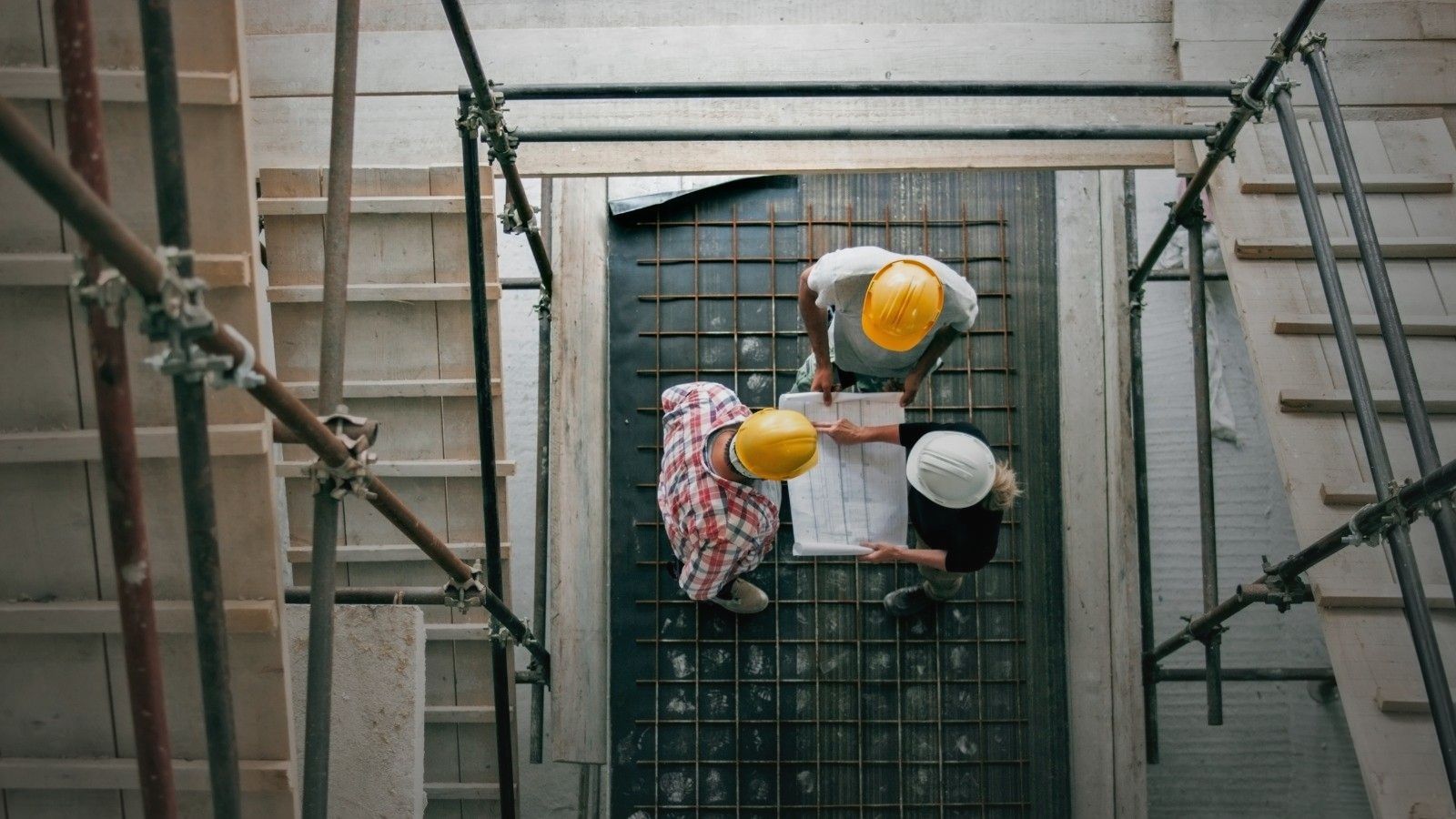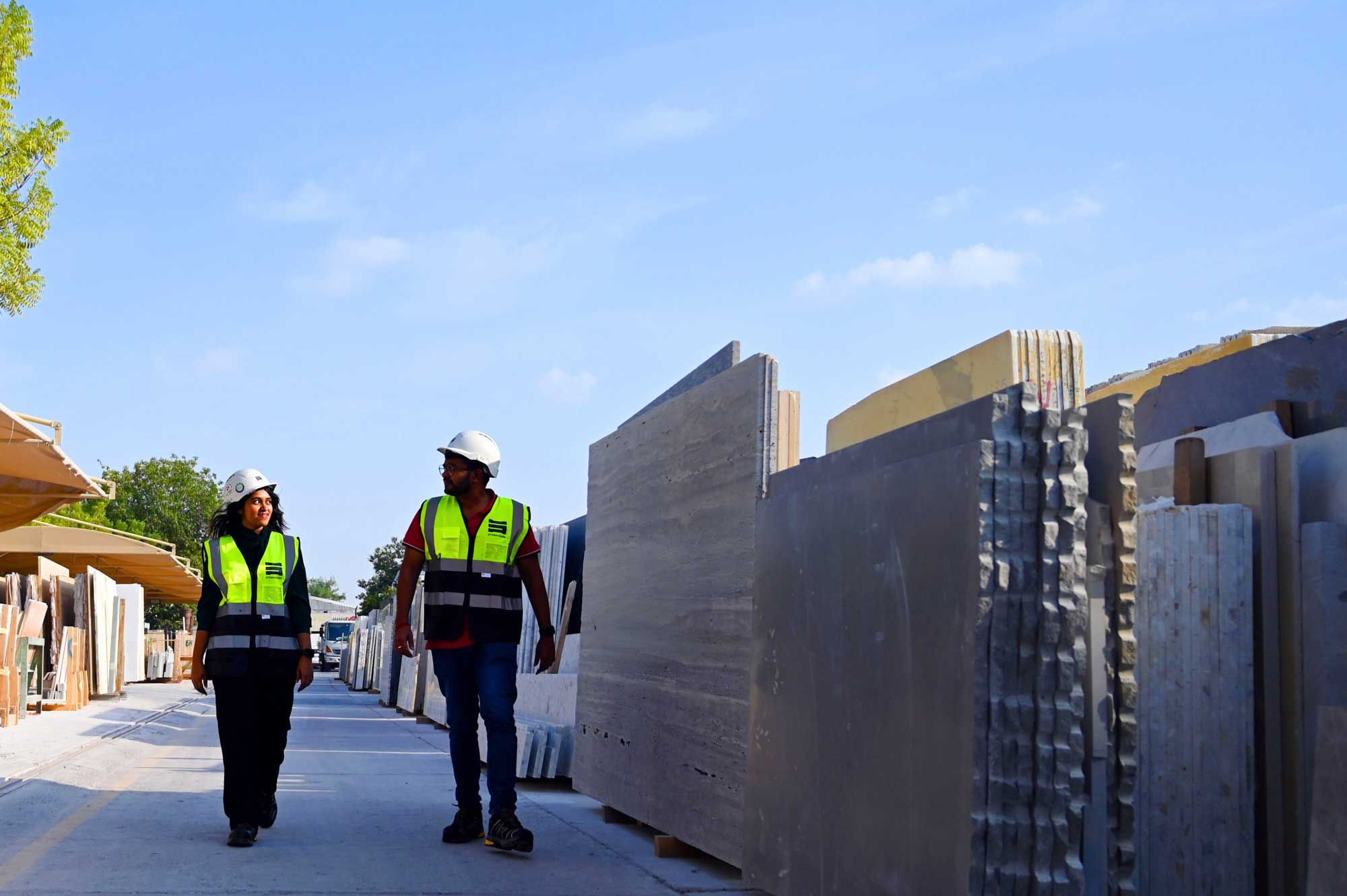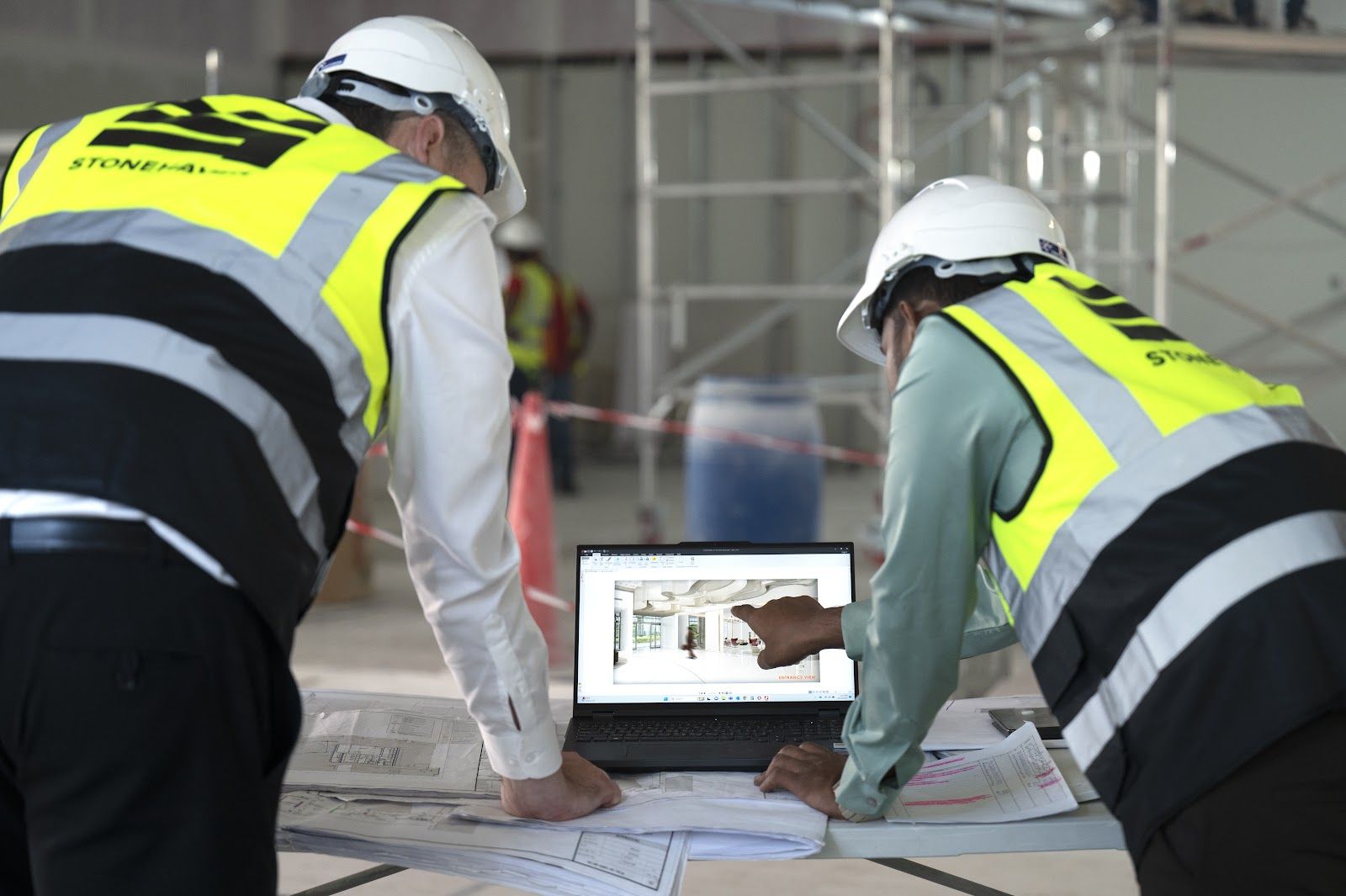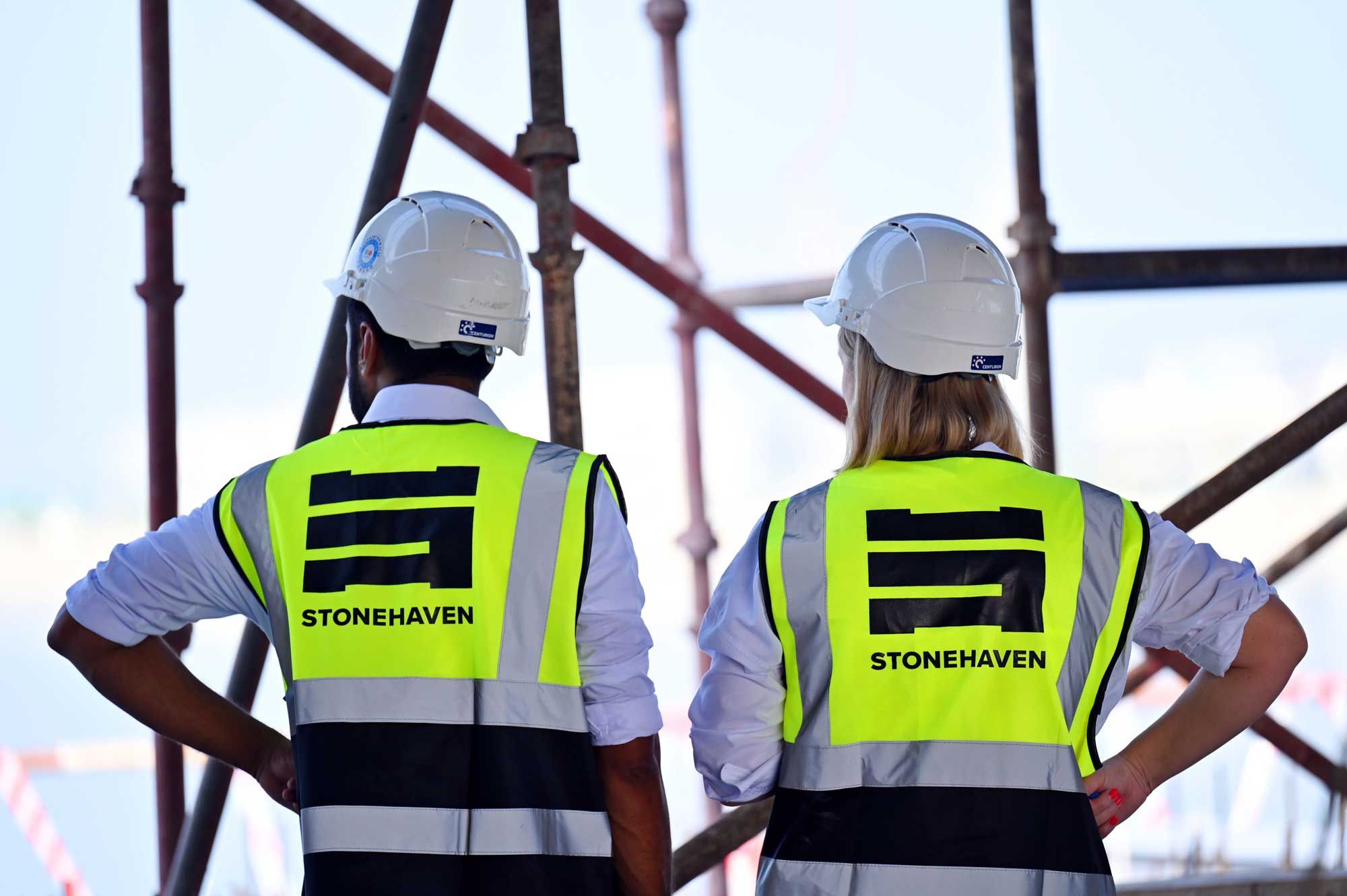In the realm of construction, cost estimation is not merely a task—it’s a strategic tool that determines the financial trajectory of a project. It underpins every decision, from initial feasibility to final execution, ensuring projects are grounded rather than overambitious optimism. For developers, contractors, and investors alike, a solid cost estimate provides clarity, confidence, and a roadmap for financial success.
The importance of construction cost estimation becomes even more apparent when viewed as a risk reduction strategy. With unforeseen circumstances being a constant in the construction industry, early identification and contingency planning based on accurate estimates can save millions.
This blog will explore the foundational elements of construction cost estimation, including its benefits, methodologies, challenges, and emerging trends, while highlighting how expert cost control consultants and construction cost planning services can ensure successful project execution.
What is Construction Cost Estimation?
Construction cost estimation is the art and science of predicting the financial requirements of a construction project. It forms the backbone of project planning, guiding stakeholders in making informed decisions regarding design, materials, labour, and timelines. Without it, projects would be akin to navigating uncharted waters without a map.
Construction cost estimators begin work by understanding the scope of the project. Whether it’s building a skyscraper, a housing complex, or industrial facilities, estimators gather detailed project data, including blueprints, specifications, and stakeholder requirements. From there, the estimator evaluates direct costs (e.g., raw materials, labour, and equipment) and indirect costs (e.g., permits, legal fees, and administration).

The significance of cost estimation lies in its ability to forecast not only expenses but also the financial feasibility of the project. This is where feasibility study consultants play a crucial role, offering insights into whether a project can be executed within its allocated budget. By preparing a comprehensive feasibility study report for a project, these consultants provide the critical first step in any construction endeavour.
Additionally, accurate cost estimation facilitates resource optimisation. By identifying where funds should be allocated and prioritising high-impact activities, it ensures that projects remain efficient and cost-effective. Cost estimators also consider external factors such as inflation, market volatility, and supply chain disruptions to adjust their projections accordingly.
Recent analyses reveal that major construction projects worldwide are experiencing substantial cost increases and delays. The Sixth Annual CRUX Insight Report, which examined 1,800 projects across 106 countries with a combined capital expenditure of US$2.247 trillion, found that disputed costs constitute over one third of a project's capital expenditure, averaging 33.6%. This signals the critical importance of precise cost estimation and ensuring the successful delivery of construction projects.
Who is a Construction Cost Estimator?
In the construction industry, a construction cost estimator is an indispensable professional who plays a pivotal role in the financial planning and success of a project. Their job extends far beyond simply calculating expenses; they provide strategic insights that shape the viability and execution of a construction venture.
Cost estimators are responsible for evaluating all financial aspects of a project, from initial feasibility to final budgeting. They meticulously analyse blueprints, assess material and labour costs, and factor in indirect expenses such as permits, taxes, and overheads. Their expertise ensures that developers, contractors, and stakeholders are equipped with realistic financial projections.
One of their core responsibilities is defining project feasibility. By preparing comprehensive feasibility study reports, estimators help stakeholders determine whether a project is financially viable before committing resources. This proactive approach minimises risks and ensures informed decision-making.
Moreover, cost estimators contribute to contingency planning. They anticipate potential risks such as material price fluctuations or labour shortages and incorporate buffers to safeguard the budget.
Ultimately, a construction cost estimator ensures all financial aspects are managed seamlessly, enabling the project team to deliver within scope and budget.
The Importance of Construction Cost Estimation
Construction cost estimation involves forecasting the expenses required to complete a project. This includes both direct costs, such as materials and labour, and indirect costs, such as regulatory fees, permits, and administrative overhead. Without accurate cost projections, projects risk running over budget, leading to delays, disputes, and financial strain.
Moreover, accurate cost estimation fosters trust and transparency. For stakeholders—whether private clients or public investors—seeing a realistic budget aligned with project goals builds confidence. Cost estimation is not only about figures; it is about strategic decision-making, aligning objectives with financial viability.
Construction Cost Estimating Methods
In construction, different cost estimation methods cater to varying project needs, offering tailored solutions for budget forecasting. These methods adapt to the project phase, scope, and accuracy requirements, ensuring financial clarity and reducing risk.
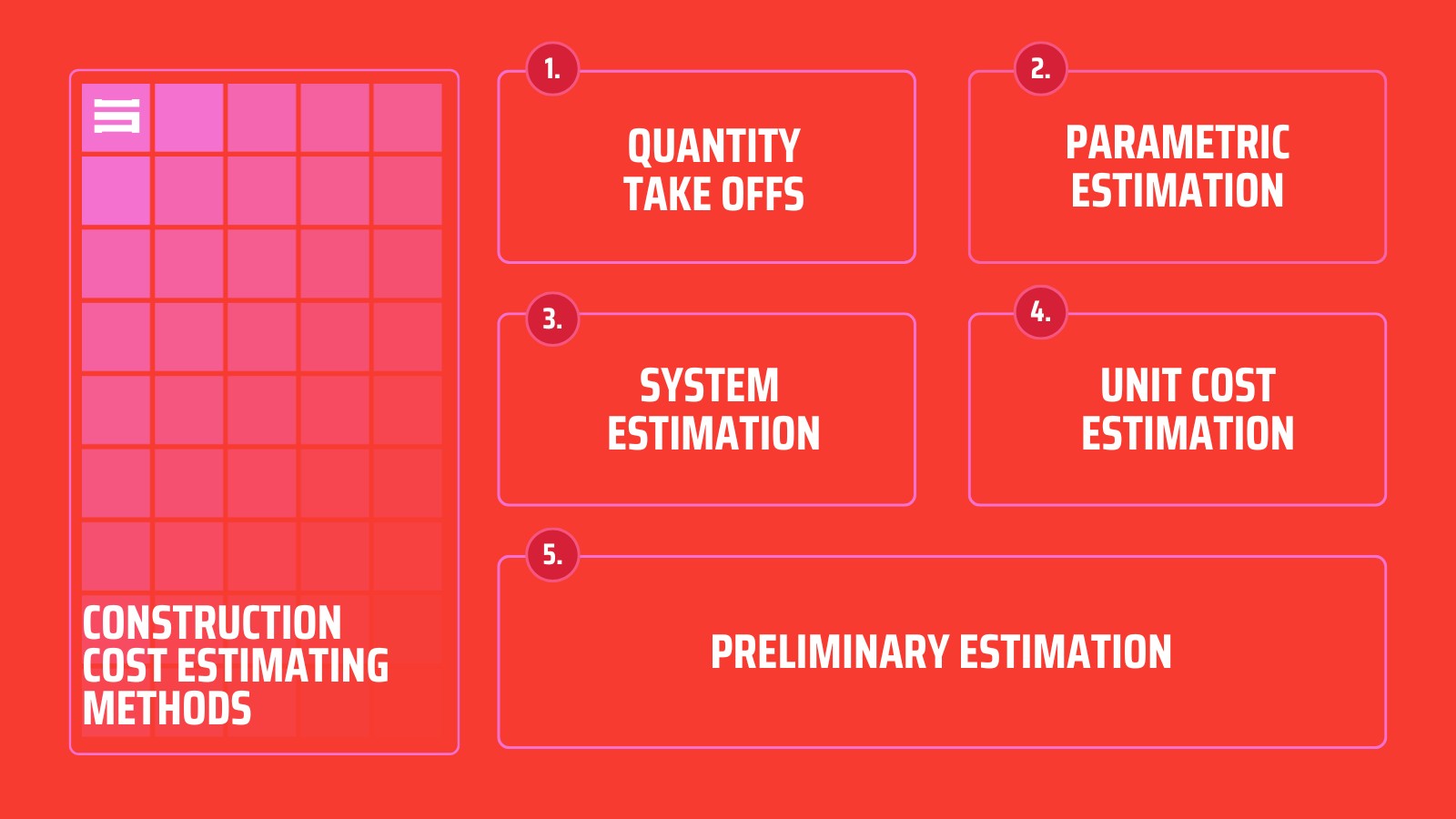
- Quantity Take Off: The most detailed estimation method, this involves a granular breakdown of materials, labour, and equipment needed for the project. By measuring every component, estimators ensure high accuracy. Though time-intensive, this method is essential for large-scale or complex projects requiring detailed financial projections.
- Parametric Estimation: A faster alternative, this method uses mathematical models to predict costs based on project-specific parameters like square footage, duration, or location. By leveraging historical data and algorithms, parametric estimation strikes a balance between speed and accuracy, making it ideal for early-stage cost forecasting.
- Assembly or System Estimation: This approach breaks the project into systems or assemblies, such as foundations, or MEP engineering work. Costs are calculated for each component individually, offering a mid-level estimation that identifies cost-heavy elements and facilitates better decision-making.
- Square Foot or Unit Cost Estimation: This method calculates costs based on predefined units, such as cost per square foot or room. Common in residential construction, it is quick and efficient for basic comparisons, although its accuracy depends heavily on reliable historical data.
- Preliminary Estimation: Used during the conceptual phase, this method offers a rough budget estimate based on minimal project details and broad assumptions. While quick and cost-effective, it has the lowest accuracy, typically varying between ±25-50%.
How To Do a Construction Cost Estimate
Creating an accurate construction cost estimate involves a series of well-defined steps that ensure all aspects of the project are accounted for. Here’s a step-by-step guide:
- Define the Project Scope: The first step is understanding the full scope of the project, including design specifications, timelines, and client expectations.
- Perform Quantity Take Off: This involves measuring all materials, labour, and equipment needed. Quantity take-offs provide the foundation for detailed cost calculations.
- Analyse Market Rates: Researching current prices for materials, labour, and equipment ensures that estimates are grounded.
- Incorporate Contingencies: Adding a contingency buffer accounts for unexpected expenses, such as delays or price fluctuations.
- Use Advanced Tools: Tools like construction cost calculators and 5D BIM software streamline calculations, ensuring accuracy.
- Review and Validate: Estimates should be reviewed by experienced professionals to identify any oversights or inaccuracies.
- Document Thoroughly: Keeping detailed records of assumptions, calculations, and methodologies ensures transparency and facilitates future audits.
Partnering with professional cost control consultants, like Stonehaven, ensures this process is executed efficiently. Their expertise in project cost planning guarantees that estimates are not only accurate but also actionable.
What are the Benefits of Accurate Cost Estimation?
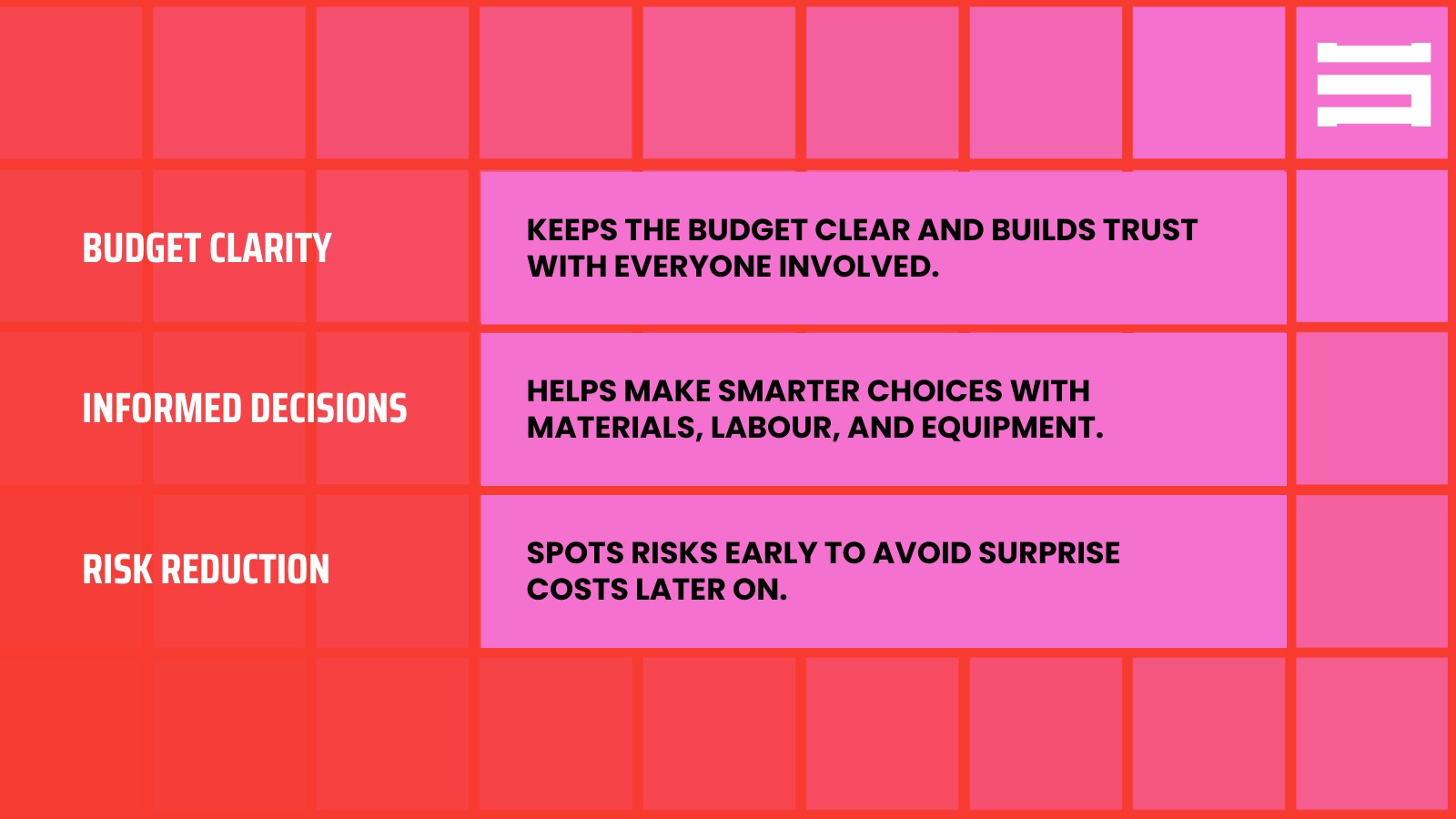
- Budget Clarity: Provides a clear and realistic financial roadmap, ensuring projects are neither overfunded nor underfunded, while creating trust among stakeholders and contractors. This is where cost consultants will join the process.
- Informed Decisions: Empowers stakeholders to make informed choices about materials, labour, and equipment, optimising resource allocation and procurement.
- Risk Reduction: Identifies potential risks early, incorporating contingency plans to safeguard against unexpected expenses such as material price fluctuations or labour shortages.
Challenges in Construction Cost Estimation
Despite its critical role in the success of construction projects, cost estimation comes with its fair share of challenges. These obstacles often arise from the complex and dynamic nature of the construction industry, where uncertainties can derail even the most meticulously planned projects.
- Incomplete Project Data: One of the most significant challenges is the lack of comprehensive project information in the early stages. Without detailed blueprints, material specifications, or design inputs, estimators must rely on assumptions, increasing the risk of inaccuracies.
- Market Volatility: Fluctuations in material prices, labour costs, and currency exchange rates can severely impact cost estimates. For example, unexpected spikes in steel or concrete prices can lead to budget overruns.
- Labor Shortages: The construction industry often grapples with labour shortages, leading to increased wages and delays. These unpredictable factors make labour cost estimation particularly challenging.
- Regulatory Changes: New laws and regulations—such as those related to environmental compliance or safety standards—can introduce unforeseen costs. Staying updated on local and international standards is essential but often overlooked.
- Technological Gaps: While tools like construction cost calculators are readily available, not all companies have the resources or expertise to adopt these technologies effectively. Resistance to change and inadequate training can hinder accurate estimations.
- Coordination Among Stakeholders: Miscommunication between project teams, contractors, and clients can lead to discrepancies in cost calculations. This lack of alignment often results in rework and wasted resources.
Opportunities in Construction Cost Estimation
While challenges exist, the field of construction cost estimation is ripe with opportunities that can transform the way projects are planned and executed. Leveraging these opportunities not only improves accuracy but also drives efficiency and sustainability.
- Advanced Estimation Tools: Technology is changing cost estimation. Tools like Building Information Modelling (BIM) and integrated construction software provide real-time cost tracking, improving transparency and precision.
- Data Analytics: Historical project data can be analysed to predict future costs more accurately. By identifying patterns and trends, estimators can make informed decisions, reducing the likelihood of errors.
- Sustainable Practices: The increasing emphasis on eco-friendly construction offers an opportunity to integrate sustainability into cost planning. While green materials and technologies may have higher initial costs, they often result in long-term savings through energy efficiency and reduced maintenance.
- Collaboration Platforms: Digital platforms enable better communication among stakeholders, ensuring that everyone—architects, contractors, and clients—is aligned on cost expectations. This reduces miscommunication and errors.
- Global Supply Chain Management: With globalisation, construction firms can source materials and labour from international markets. Understanding and managing these global supply chain workflows open opportunities for cost savings while maintaining quality.
- Training and Upskilling: Investing in training for estimators ensures they are well-versed in the latest tools and methodologies. This improves the overall quality of cost estimations.
Conclusion
In the ever-evolving construction industry, accurate cost estimation is a cornerstone of project success. It ensures financial stability, fosters stakeholder trust, and facilitates efficient project execution. By understanding its methodologies, challenges, and opportunities, construction professionals can deliver projects that meet expectations and stay within budget. Embracing trends like AI, BIM, and sustainability further enhances the accuracy and reliability of cost estimations.
About us
Stonehaven is a trusted project management company and construction consultant based in Dubai, offering comprehensive construction management services across the UAE with offices located in Dubai, UK and Sri Lanka. As one of the leading project management companies in Dubai, we manage projects from inception to completion, ensuring quality, efficiency, and cost-effectiveness at every stage.
We deliver value through expert project management consultancy services, tailored to meet the unique needs of each client. Our core services include Cost Management, Project Management, Construction Supervision, Engineering Support, Design Support, and Marketing & Communications. Whether you’re looking for construction consultants or project managers in the UAE and wider GCC region, Stonehaven is your trusted partner for achieving excellence in your next project.
At Stonehaven, we are experts in delivering comprehensive construction cost estimating services tailored to your unique project needs. From detailed feasibility studies to cutting-edge cost planning, our team of seasoned cost control consultants ensures your projects are executed seamlessly and within budget.
Whether you need a feasibility study report for a project or support from a leading project cost planning company, Stonehaven is your trusted partner. Contact us today to learn how we can help you achieve your construction goals efficiently and effectively.








